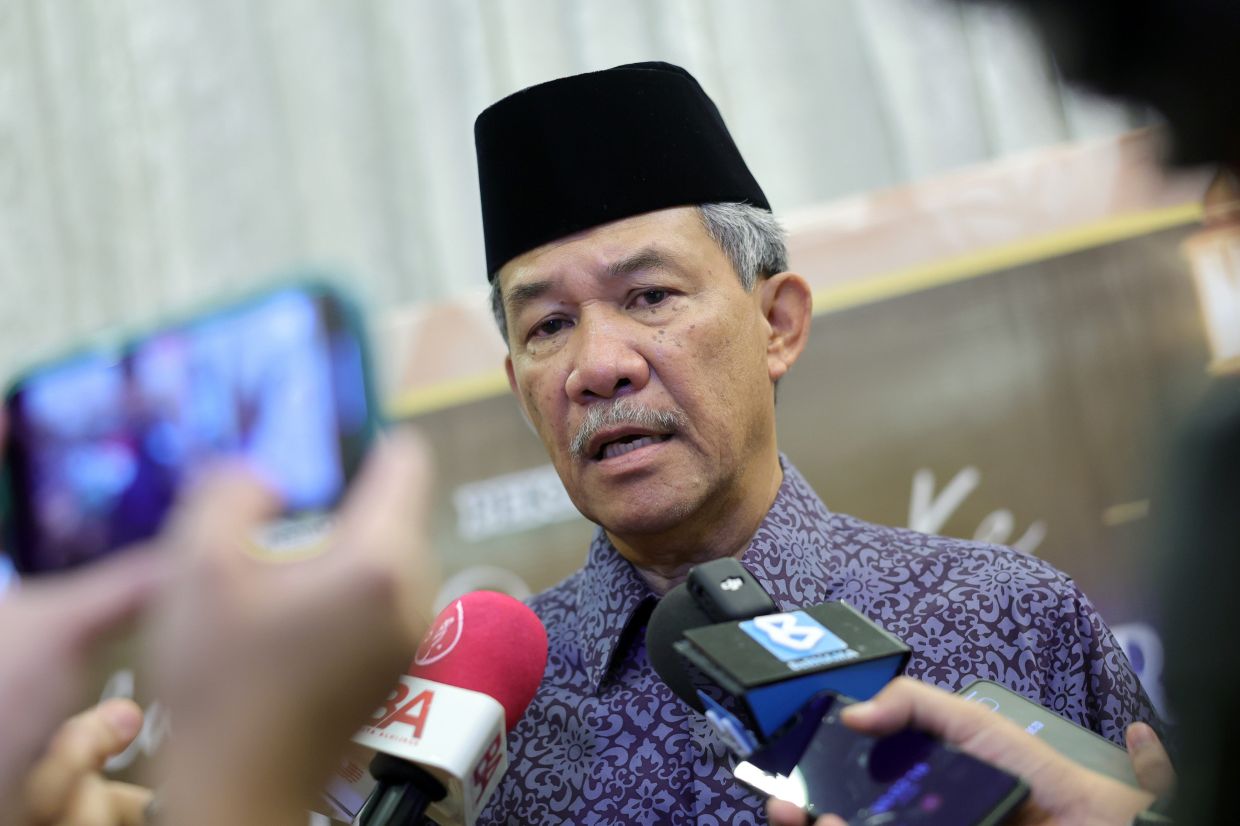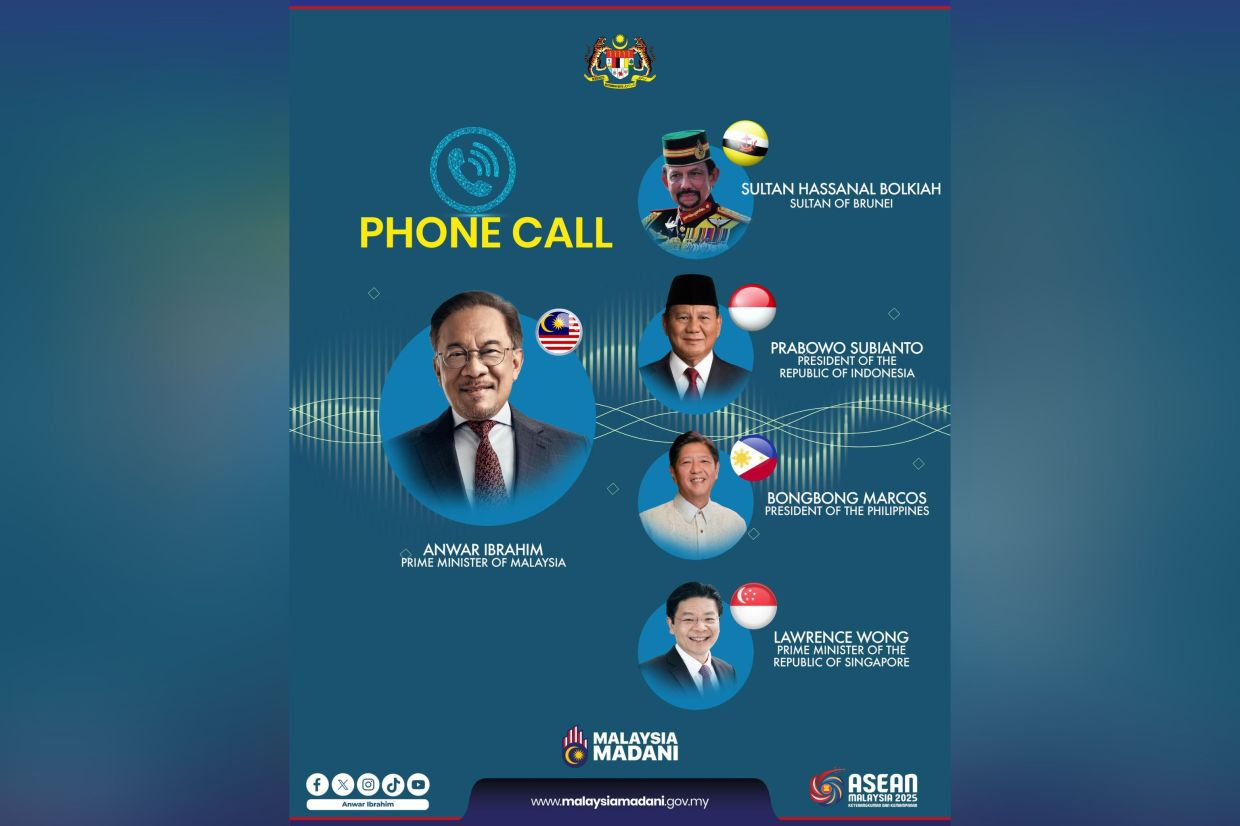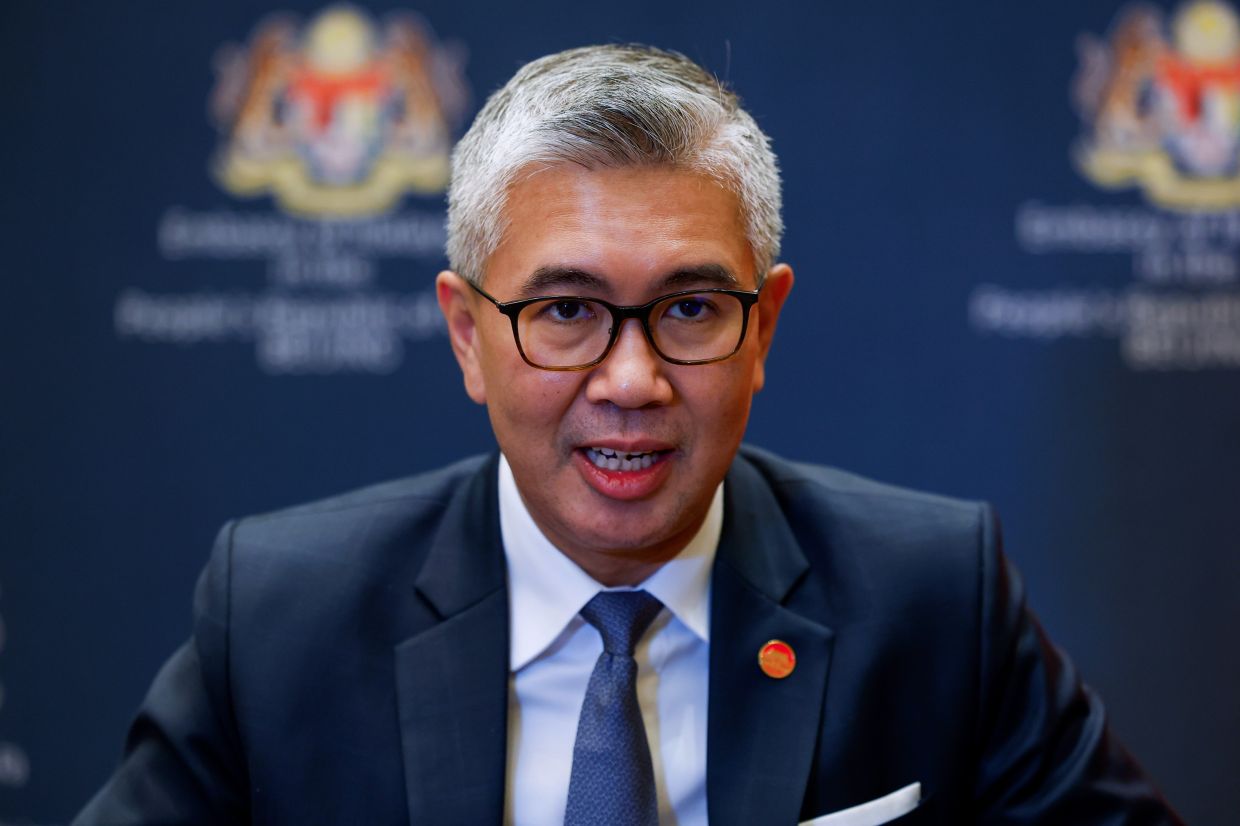PETALING JAYA: Make clear which authority is in charge of cybersecurity matters in light of the Dewan Rakyat passing the Communications and Multimedia (Amendments) Bill 2024 (CMA), stakeholders say.
Cybersecurity specialist Fong Choong Fook said the Bill makes the Malaysian Communications and Multimedia Commission (MCMC) a regulator of cybersecurity matters under Section 230B.
“We already have several authorities, such as the National Cyber Security Agency (Nacsa), handling cybersecurity.
“Now, the Bill is giving the MCMC a lot of power.
“The government must make it clear which industry falls under which regulator.
“We also need more public awareness and education so people can better understand the CMA,” said the executive chairman of LGMS, a cybersecurity provider.
Fong said the intention behind the Bill is good as it allows the public to be more proactive and to pay attention to cybersecurity matters.
“I am not surprised that we now have additional regulations being implemented.
“It is timely and in line with the Cyber Security Act, which was enforced in August this year.
“Of course, the passing of the Bill has sent shockwaves throughout the country. But it will be beneficial for cybersecurity in the long run,” he added.
Centre for Independent Journalism executive director Wathshlah G. Naidu, however, said the Bill will affect journalists greatly.
She said the powers granted to the MCMC under the Bill would enable the commission not only to issue general directives but also specific ones, including additional licensing conditions.
The commission would also now be able to enter premises to search and seize communication tools.
“This is against our fundamental principles of liberty, where necessary checks and balances are needed.
“The MCMC’s powers has been increased in the sense that they can access communication tools and the data contained within these devices to conduct investigations.
“Journalists would be impacted the most as we use these devices to store information, including from sources.
“Now the government will have access to this. The Bill is a threat to the democratic principles of the country,” said Wathshlah.
On Nov 13, Deputy Communications Minister Teo Nie Ching said the CMA (Act 588) was still required to address crimes in cyberspace.
She said the Act had been used to charge the cyberbullies of deceased influencer A. Rajeswary (Esha), as well as in the case of Adeline Chang, a social media influencer, for making obscene online remarks against a minor.





































